When we have healthy relationships in our lives, whether they are romantic, or with family and friends, we experience a range of positive health benefits that can improve our physical, emotional, and mental well-being.
But when we enter an unhealthy relationship, or one becomes unhealthy or toxic over time, it can have severe negative impacts on our well-being.
Positive relationships
When we prioritise healthy relationships, we create a foundation of emotional strength that supports us in all areas of our lives.
Research has shown that people who have healthy relationships have lower rates of depression, anxiety, and stress. They also have higher levels of self-esteem, greater resilience to life's challenges, and a more positive outlook on life.
This is often because when we have a support system of people who care about us, we feel more capable of dealing with life's adversities. They give us the courage to take risks, the support to persevere, and the love to see us through life's ups and downs.
But it's not just during difficult times that healthy relationships are important. Even during the good times, having people in our lives who truly care about us can make all the difference. When we have people to share our successes with, it amplifies our joy and makes the experience even more meaningful.
These emotional benefits also translate into physical health benefits as well. People in healthy relationships tend to have better immune systems, lower blood pressure, and a reduced risk of heart disease.
Negative relationships
When we lack healthy relationships in our lives or find ourselves in toxic ones, we are more vulnerable to adverse health outcomes.
Toxic relationships can drain our energy, chip away at our self-esteem, and leave us feeling isolated and alone. Loneliness and social isolation have been linked to a range of health problems, including higher rates of depression, anxiety, and stress, as well as an increased risk of heart disease, dementia, and premature death.
It's important to recognise when a relationship is no longer serving us and take steps to address it, even if it's difficult or painful. This can be done by using an introspective approach to our inner well-being - where we become the observer of our own emotions - and look out for various feelings and signs that can serve as indicators.
Here are some common emotional experiences that can suggest a relationship has become unhealthy or toxic:
Constant negativity: Feeling consistently unhappy, drained, or emotionally exhausted when interacting with the other person.
Lack of trust: Feeling suspicious, constantly questioning the other person's motives or actions, or sensing a lack of trustworthiness.
Emotional manipulation: Experiencing frequent manipulation tactics, such as guilt-tripping, gaslighting, or controlling behaviour that undermines your sense of self-worth or autonomy.
Frequent conflicts and hostility: Engaging in frequent arguments, experiencing verbal or emotional abuse, or feeling a consistent atmosphere of tension and hostility.
Emotional or physical abuse: Suffering from any form of emotional, verbal, or physical abuse, including insults, threats, violence, or coercive control.
Feeling isolated or unsupported: Feeling emotionally isolated, unsupported, or neglected, where your needs and feelings are consistently disregarded or invalidated.
Lack of respect: Experiencing a lack of respect for your boundaries, opinions, or personal space, or feeling disrespected in your values, beliefs, or identity.
Imbalance in power dynamics: Noticing a significant power imbalance in the relationship, where one person consistently holds control or exerts dominance over the other.
Loss of self-esteem: Feeling a decline in self-confidence, self-worth, or self-esteem due to the relationship dynamics or the other person's actions.
Intuition and gut feelings: Trusting your instincts and having an underlying sense that something is wrong or unhealthy within the relationship, even if you can't pinpoint the exact reasons.
It's important to keep in mind that conflicts and negative emotions can arise in any relationship, and they don't necessarily indicate toxicity. However, if you notice a recurring pattern of toxic signs that consistently affect your well-being and happiness, it's crucial to assess the relationship's overall health and viability.
Seeking support from trusted individuals, such as friends, family, or professionals, can help you gain a clearer perspective and make well-informed decisions regarding the future of the relationship.
Conclusion
In the pursuit of a fulfilling life, having positive relationships is absolutely crucial. They give us emotional support, strength, and a sense of belonging that can't be replaced by anything else. Do your best to surround yourself with people who truly care about you and uplift you, while being mindful of the negative feelings that arise when a relationship becomes negative or toxic. You deserve to be in relationships that bring out the best in you and contribute positively to your overall well-being.
Here at CMBT, we are all about fostering meaningful connections and helping people become part of a tribe of people who share the same goal of bettering themselves and unlocking their true potential. If you want to be part of an amazing, supportive community while also working towards your goals, our CMBT Strong Dashboard is for you. We give you all the tools and resources to eat better, move more, become more mindful and feel your best. Click here to find out more and to join now!



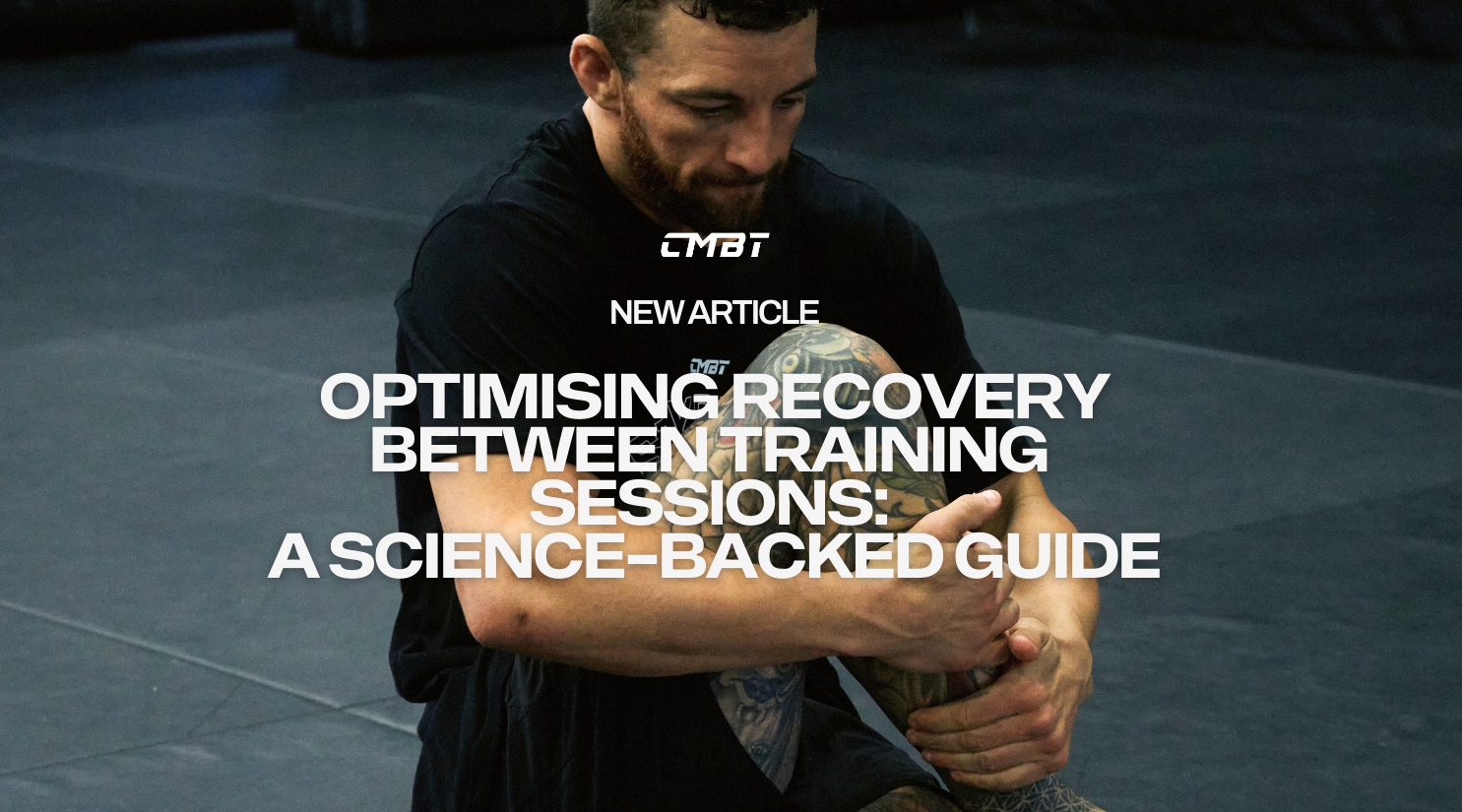








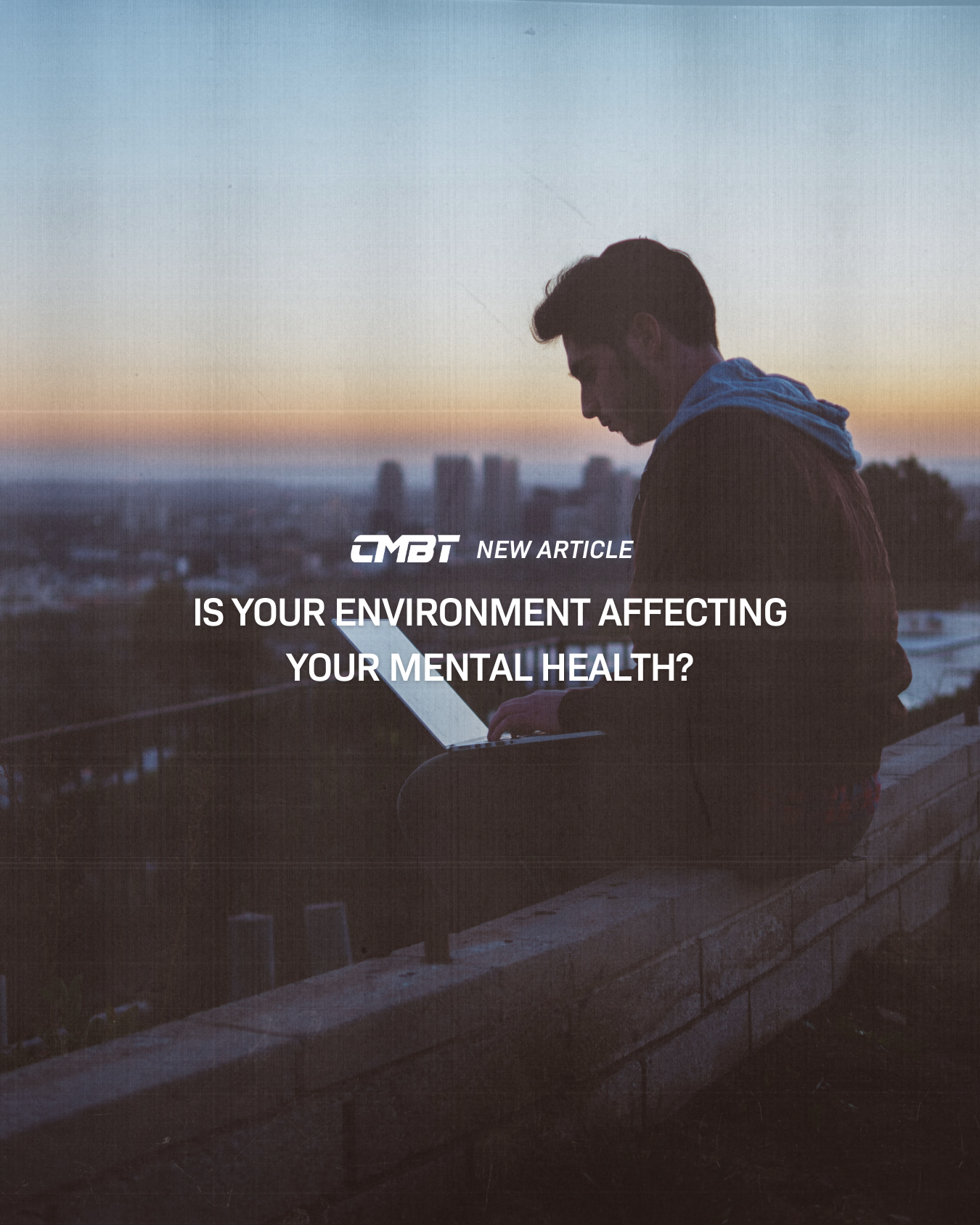
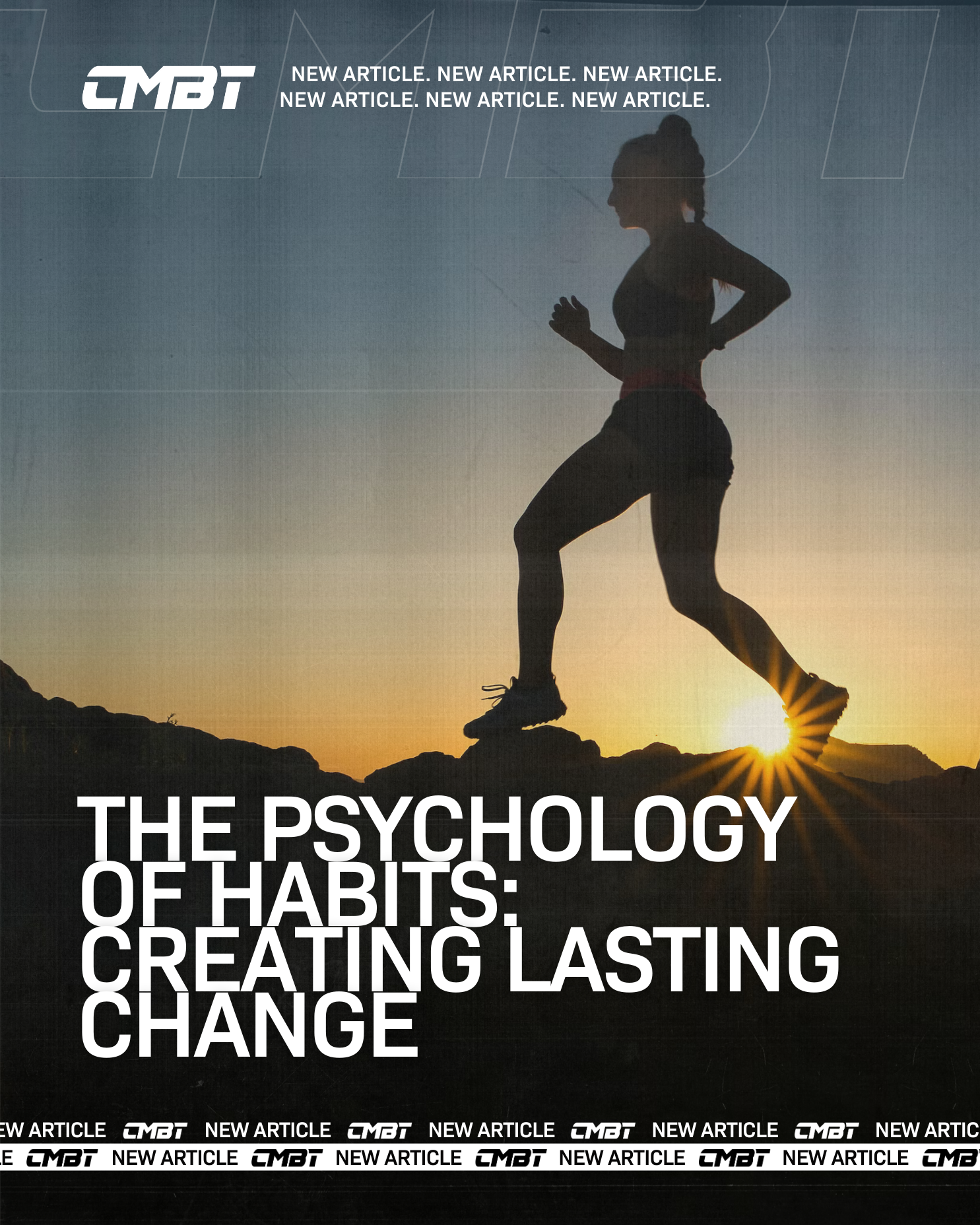
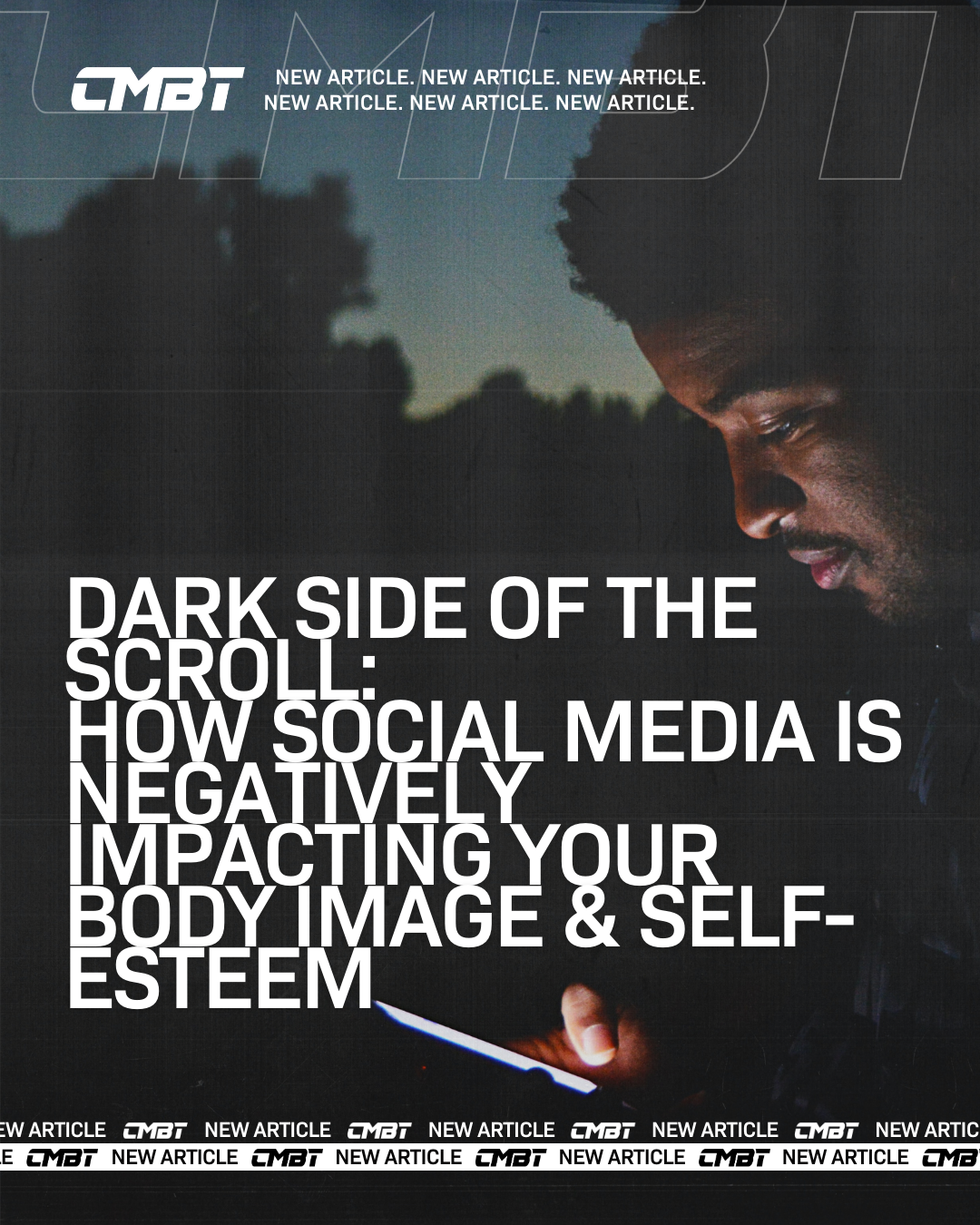


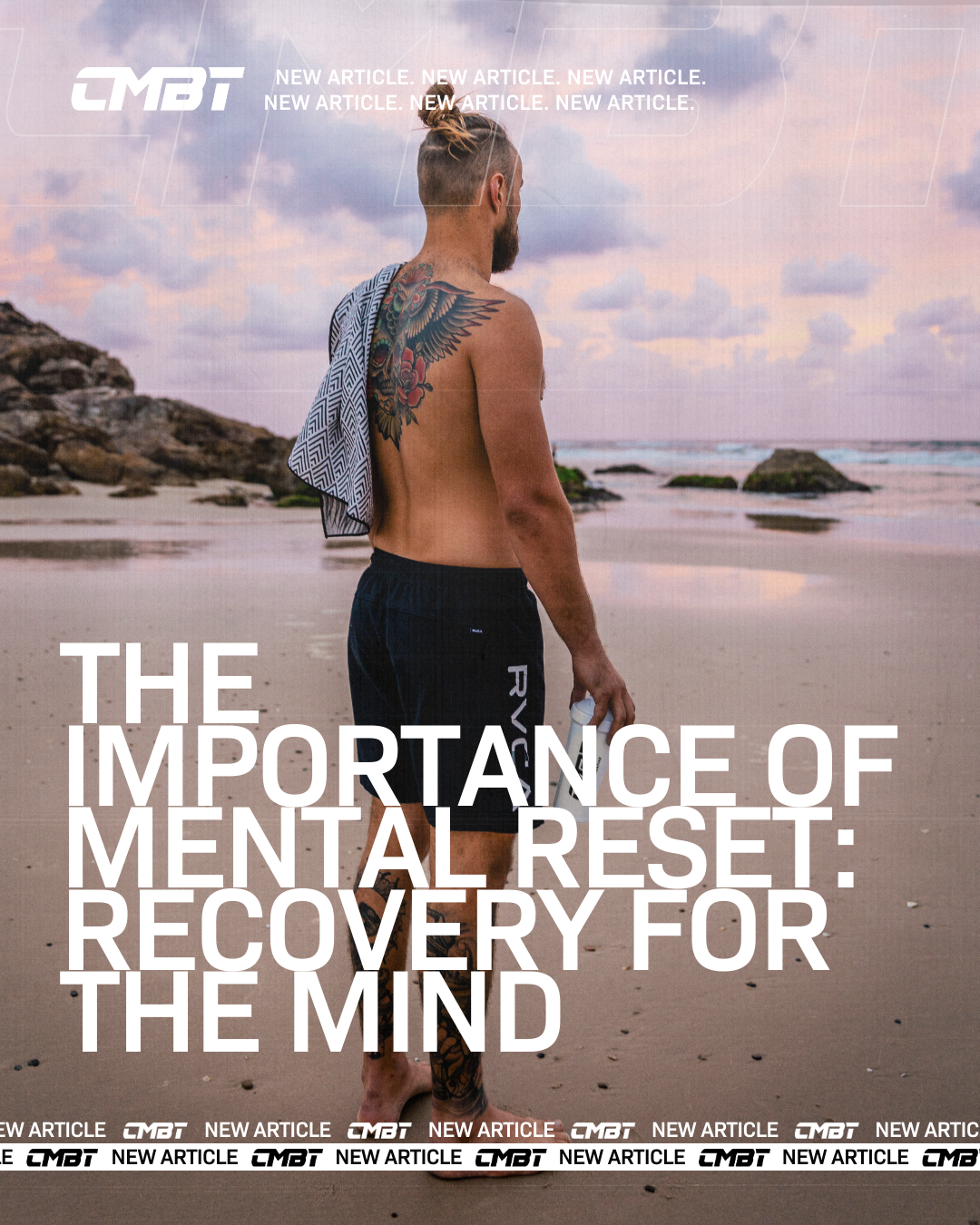
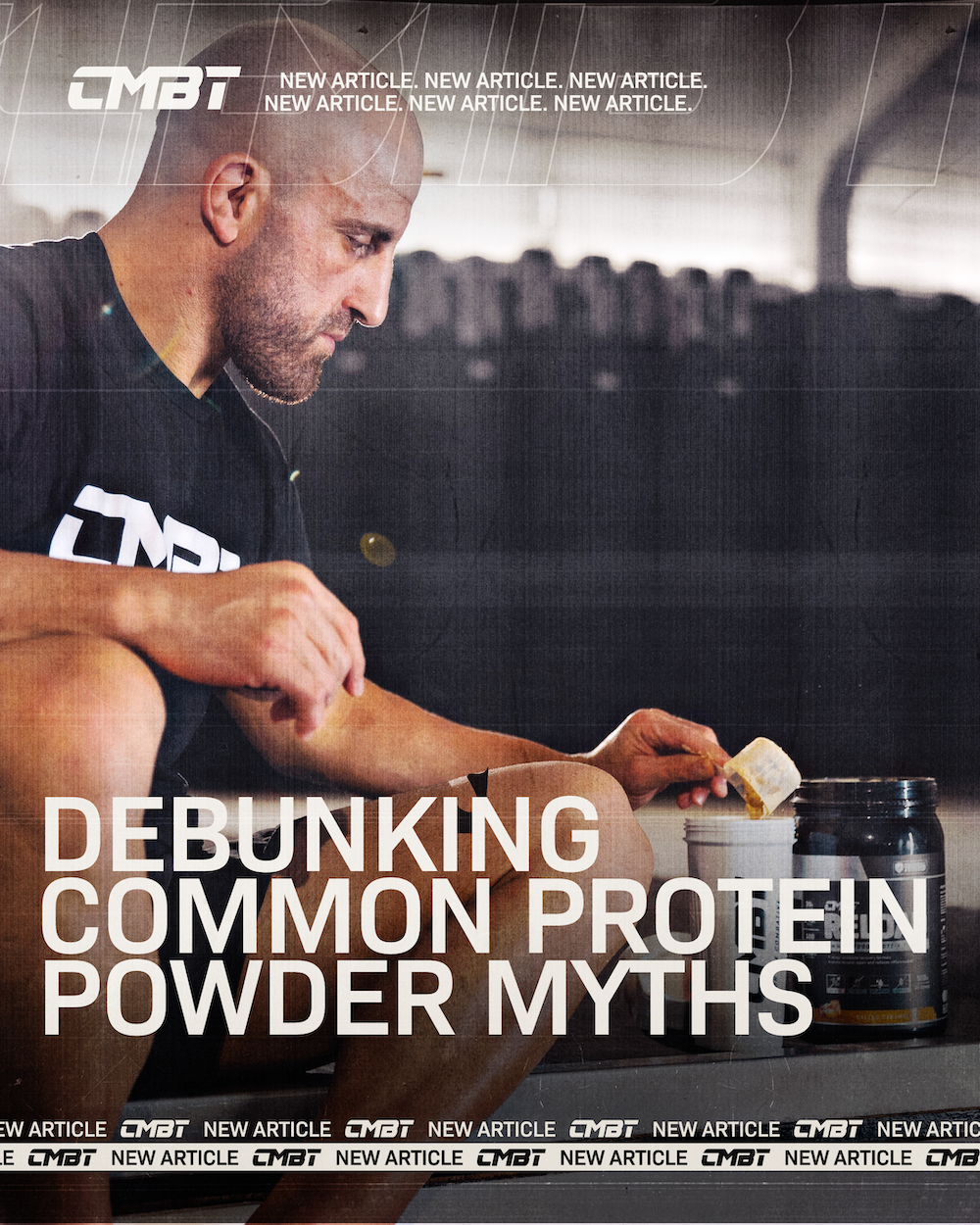


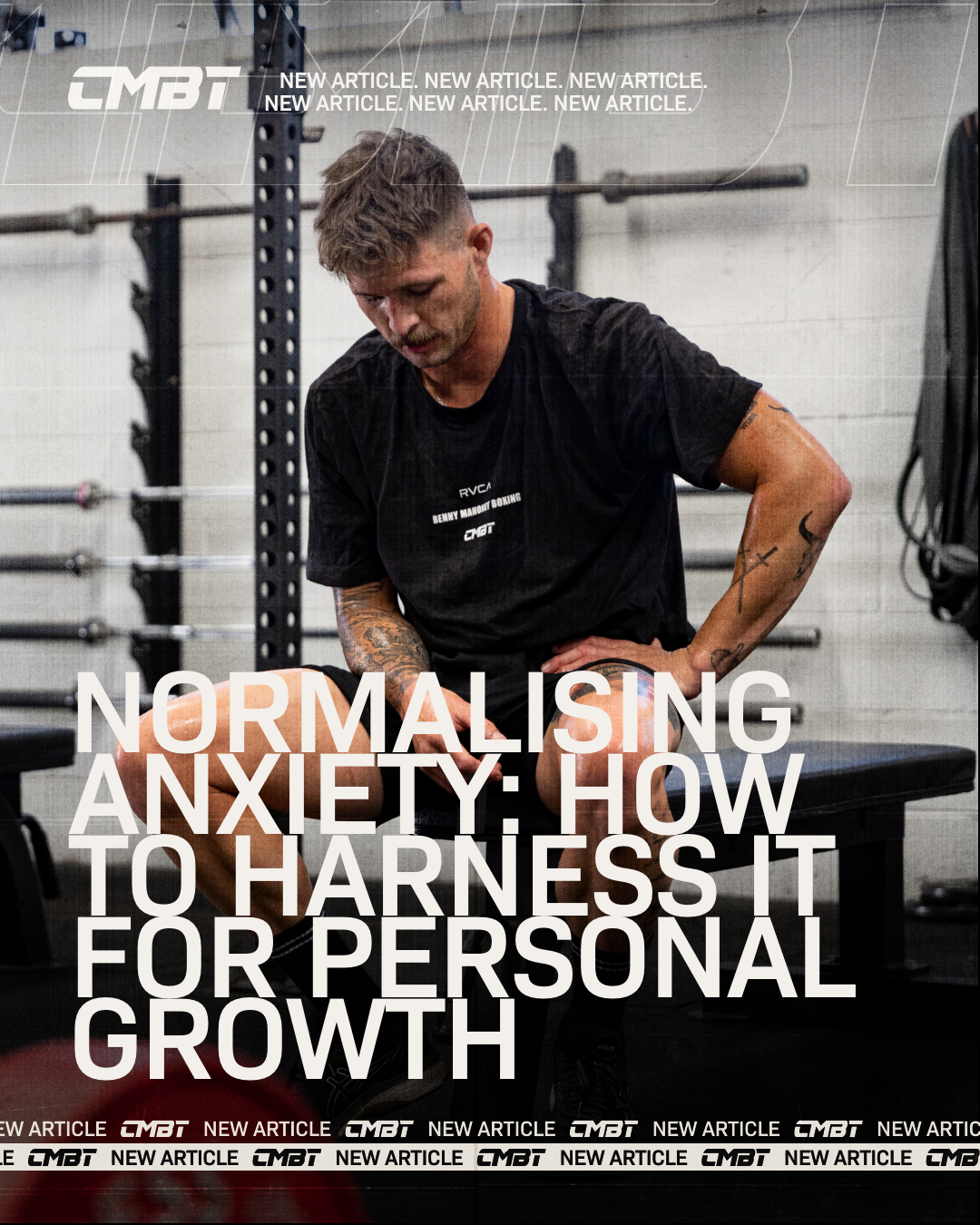


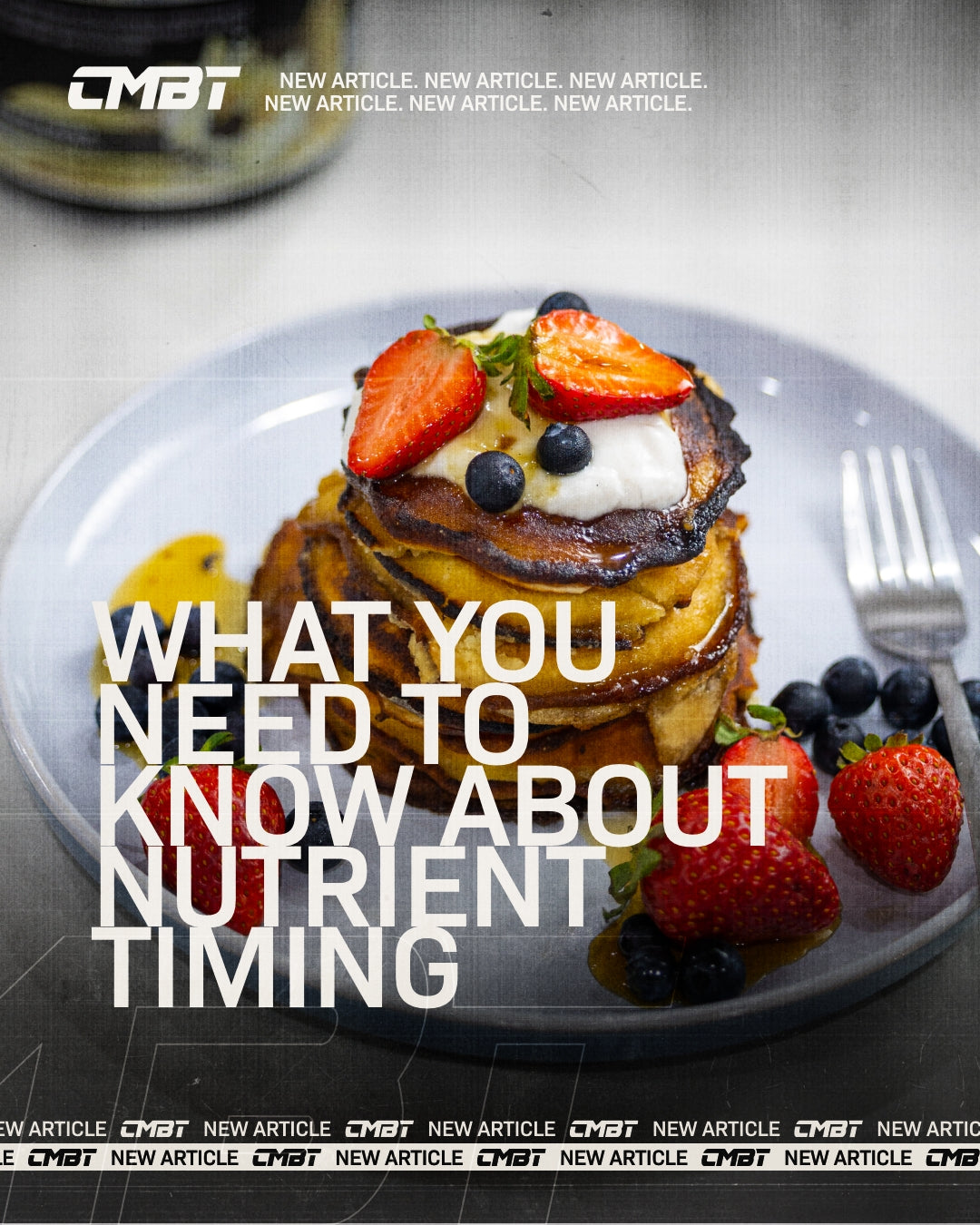





















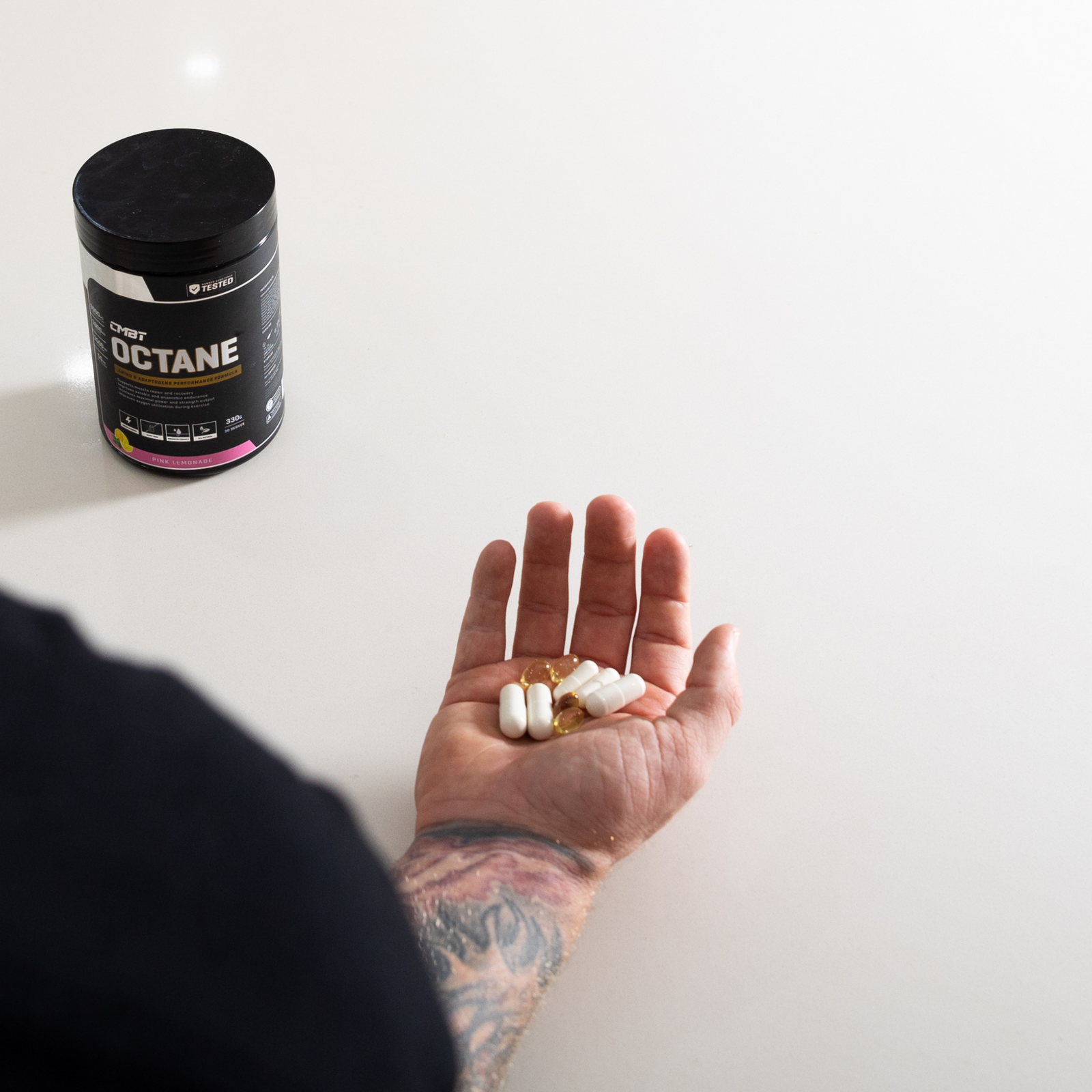



![[VIDEO] Fuel Your Passion feat. Sami Locke](http://cmbt.com.au/cdn/shop/articles/Sami.jpg?v=1625826844&width=1600)